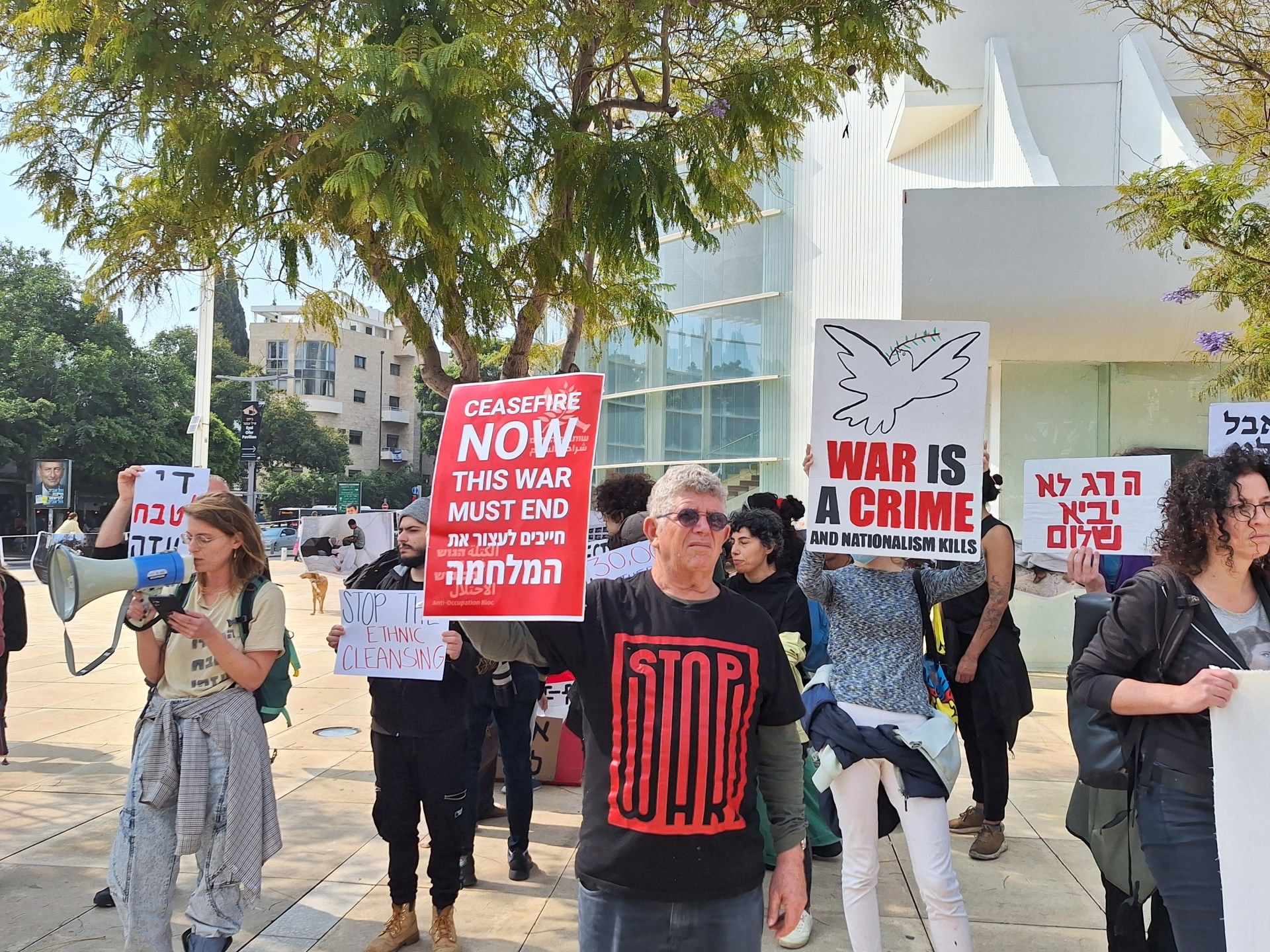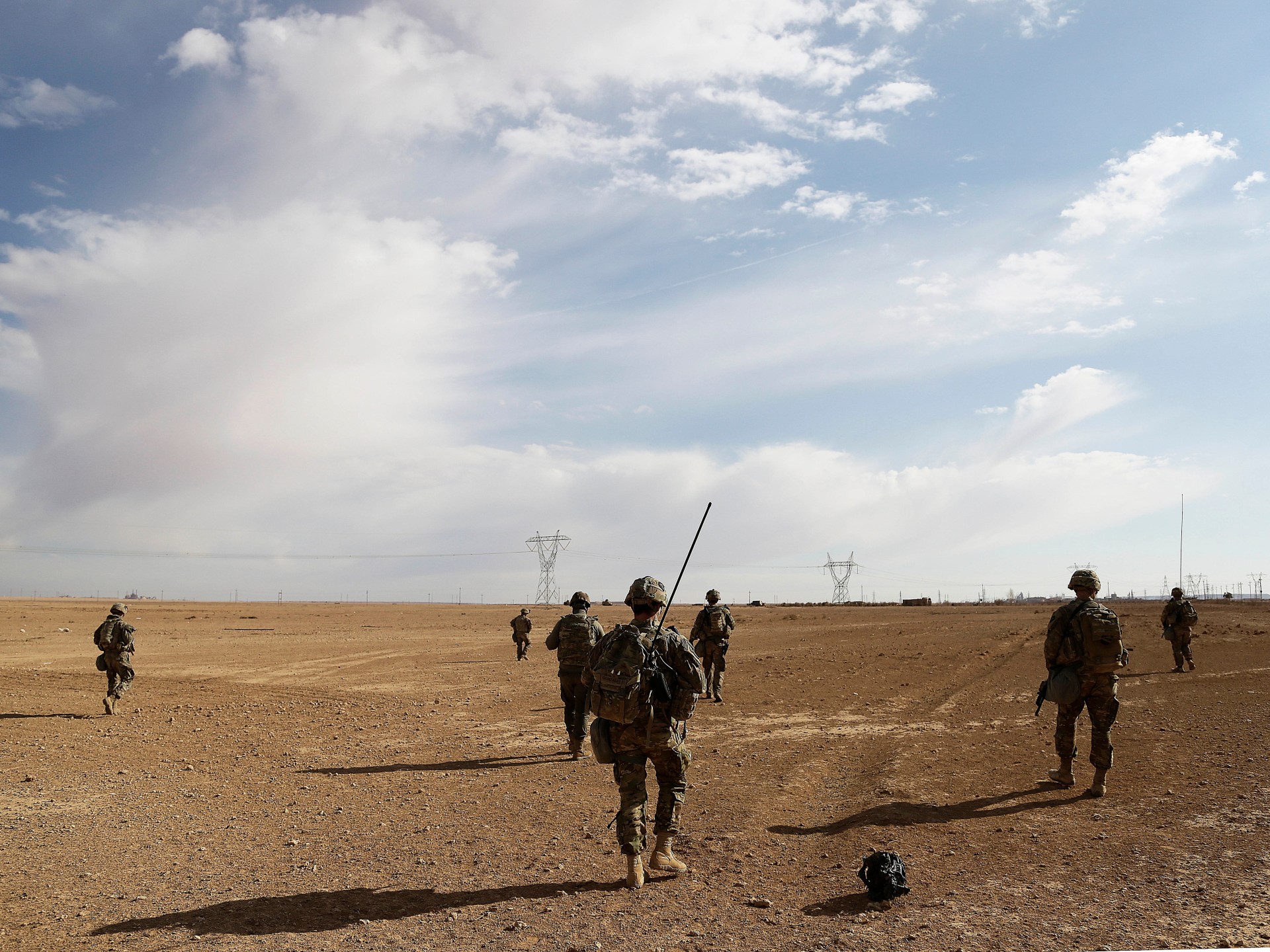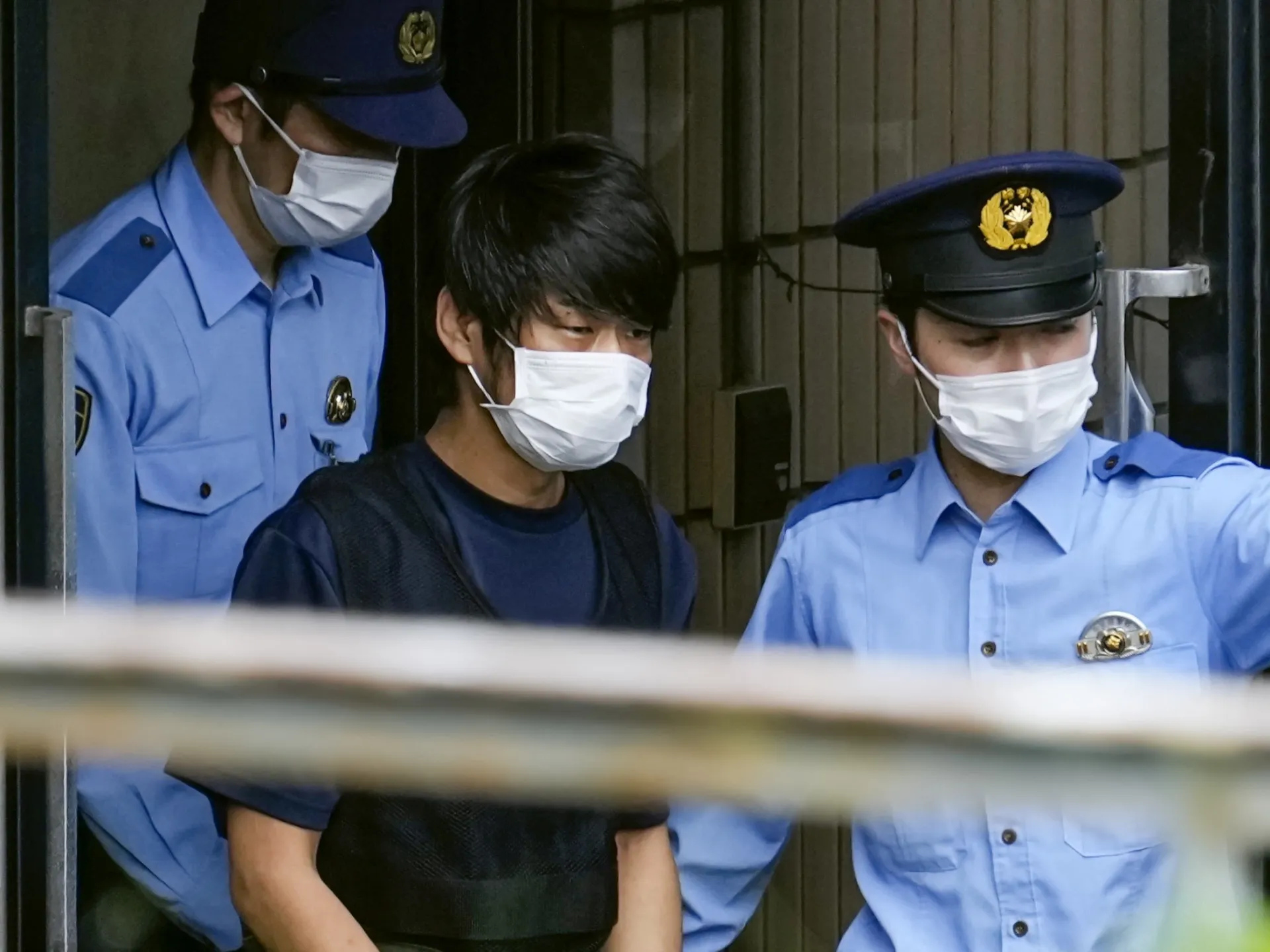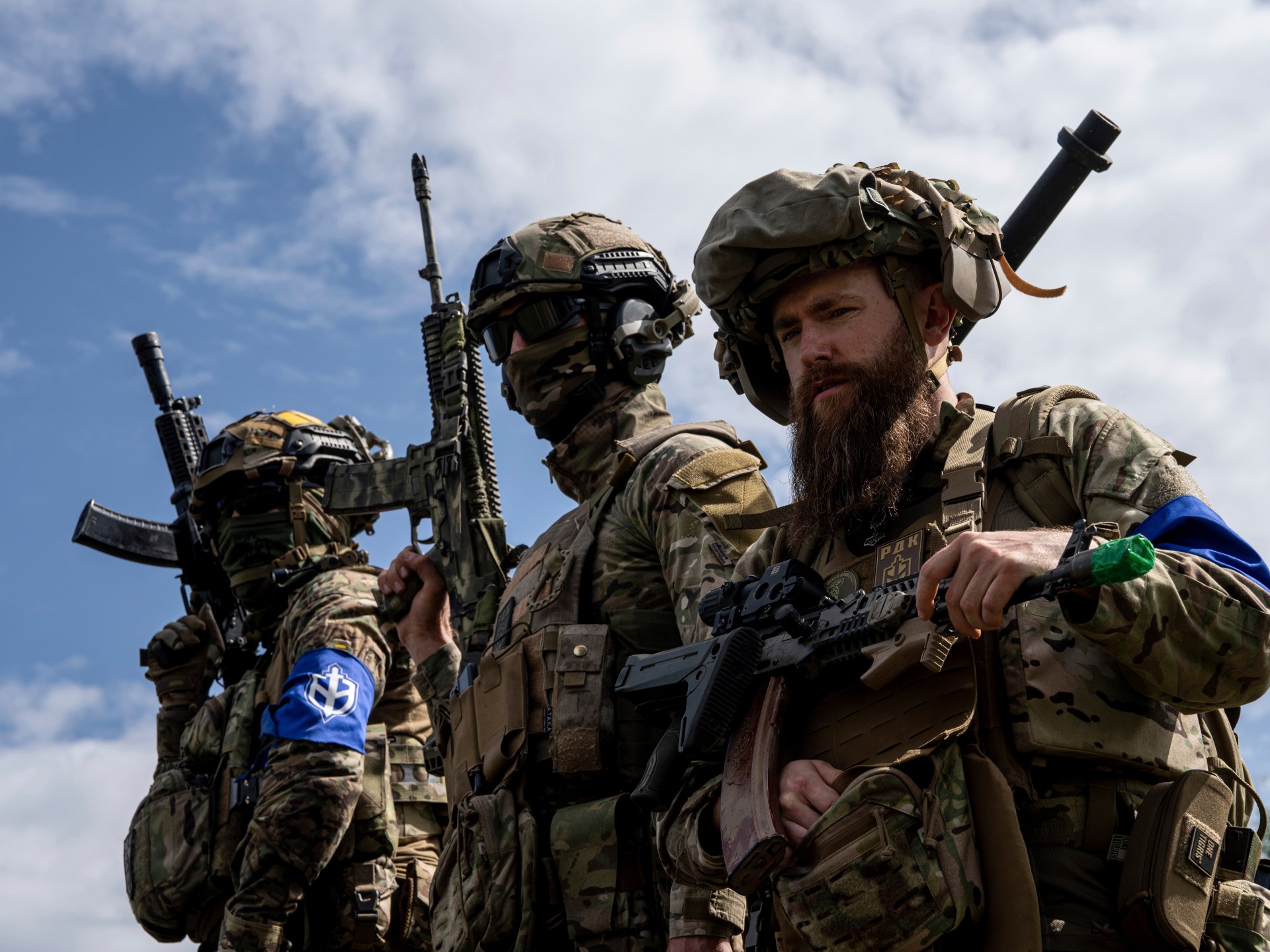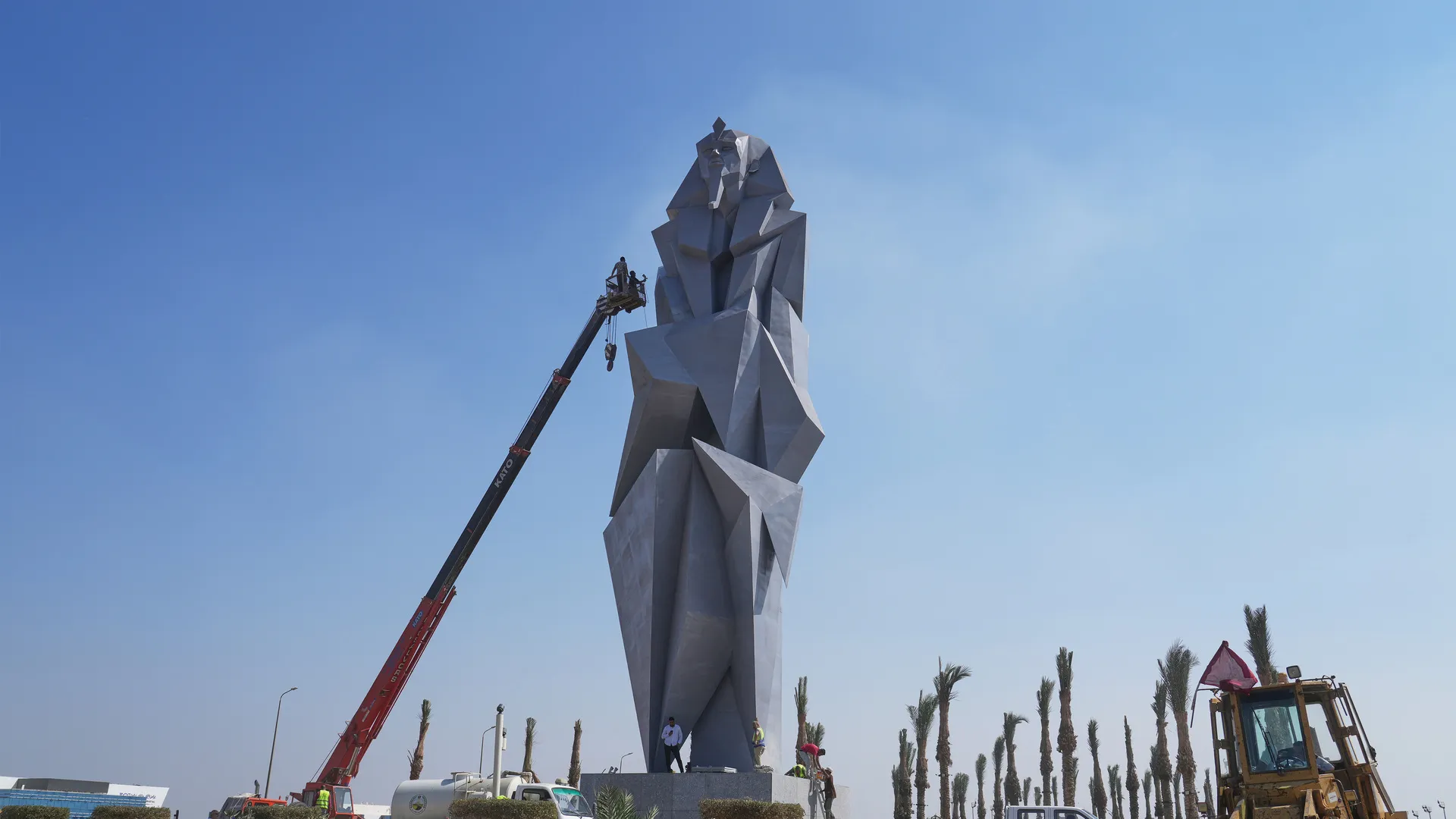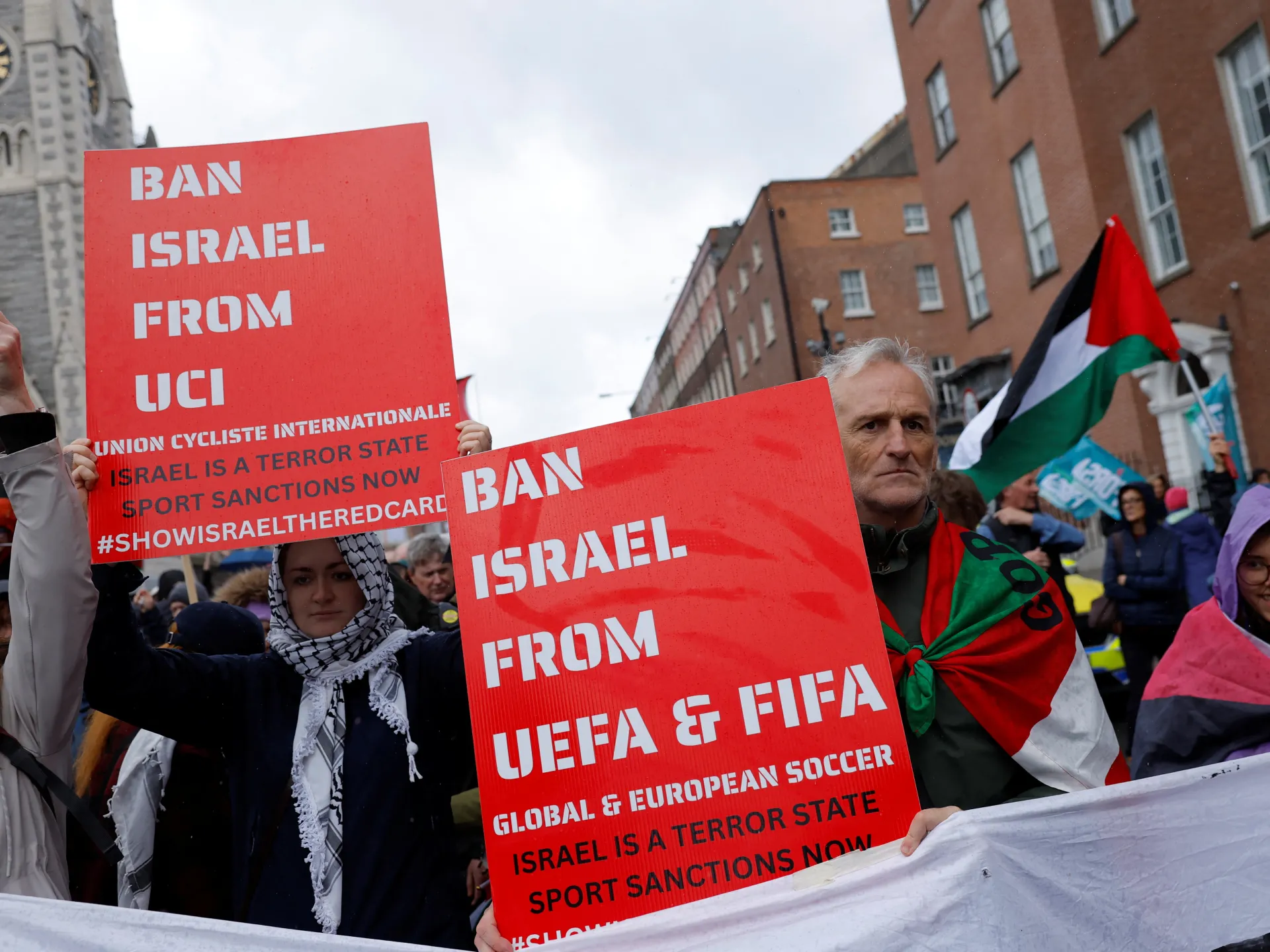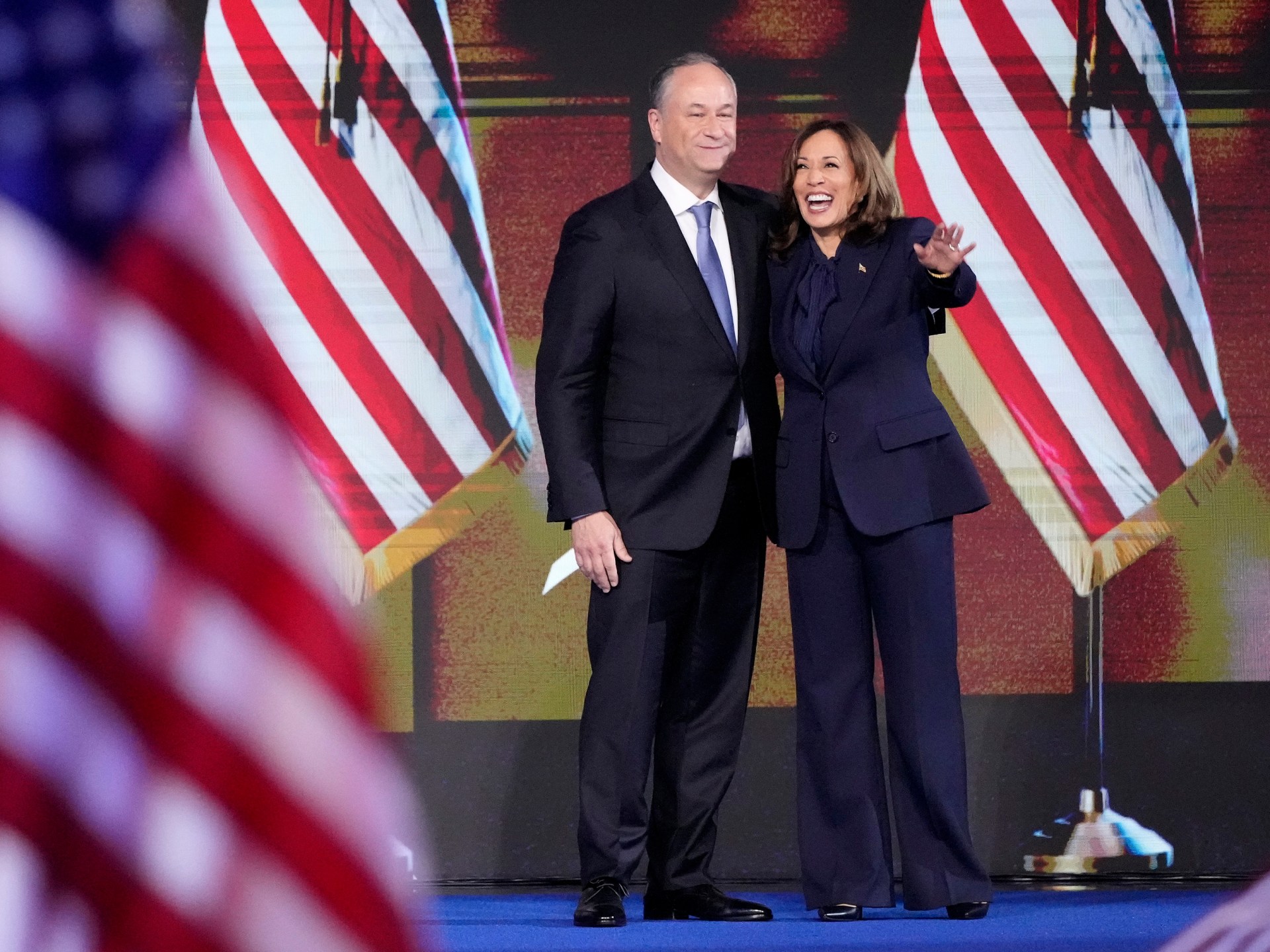Tel Aviv, Israel – Israelis voted on Tuesday to elect mayors and local council members in 197 towns and cities and 45 regional council representatives.
Voting began at 7 am and will continue until 10 pm, in elections that have been delayed twice, from October 31 to January 31 and then to Tuesday, due to Israel's ongoing attack on Gaza.
Seven million Israelis have the right to vote, including tens of thousands who voted on active military duty in Gaza or on Israeli bases where they are stationed.
Participation has been lower than that of the last elections in 2018, according to estimates from the Ministry of the Interior throughout the day.
The protests continue
The months leading up to the election have been tumultuous for Israelis, with mass protests throughout 2023 against changes to the judiciary that Prime Minister Benjamin Netanyahu's government was trying to push through.
Different protest movements have continued throughout the war: families of Israelis captured by Palestinian fighters on October 7 have protested to demand that the government negotiate their return, sometimes merging with anti-war protests and anti-government demonstrators.
On the opposite side are Israelis who support the government's war effort, which has led many observers to present the election as a referendum on Netanyahu's government in general and its performance during the war in particular.
Among the most closely watched elections is the Jerusalem mayoral election, in which incumbent Moshe Lion is expected to defeat his rival Ofer Berkovitch.
In Tel Aviv's HaBima Square, Al Jazeera spoke to several liberal activists protesting against Israel's war in Gaza.
Israeli-American protester Addam said liberals like him face a lot of hostility, which is why he decided not to reveal his last name, out of fear of vigilantes and Israeli authorities who have cracked down on anti-war protests recently.
Dozens of protesters marched with signs that read: “War is a crime and nationalism kills” and “Stop ethnic cleansing.”
A large banner had “30,000” written on it, referring to the number of people Israel has killed in the latest war in Gaza.
“This war is a choice that [as Israelis] we’re doing,” Addam said.
“People's pain has been weaponized after October 7,” he added, describing his confrontation during a protest with a young Israeli woman who shouted: “The soldiers are dying for all of you. What a shame for all of you.”
He added that most Israeli leftists will vote for Kalanu, the joint Jewish-Palestinian party headed by Amir Badron, a Palestinian from Yafa.
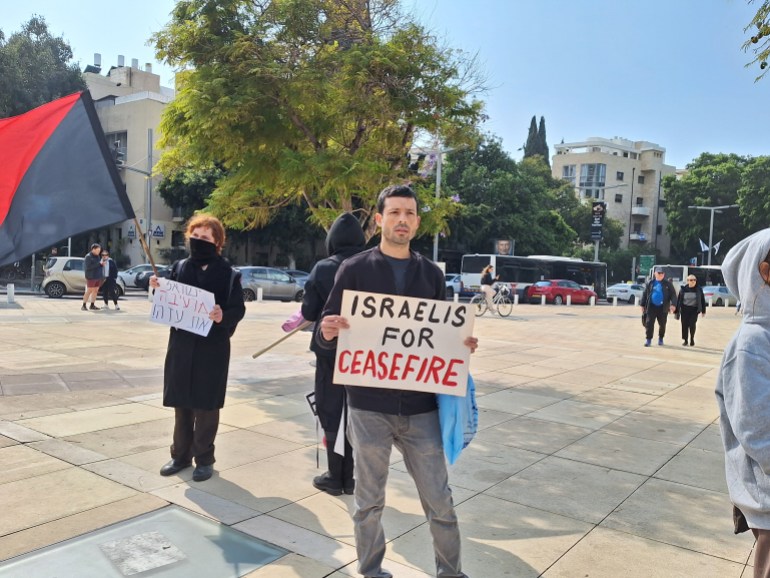
Tamy Pollak, an activist and socialist who lives in the mixed Palestinian-Israeli city of Yafa (Jaffa), says the outcome of these elections will be important in determining whether calm is restored to the mixed cities.
She is concerned about far-right National Security Minister Itamar Ben-Gvir, who she says has been arming Jewish civilians in mixed cities.
Fear of the advances of the right
In central Tel Aviv, Deputy Mayor Meital Lehavi used a megaphone to mobilize voters to ensure that a far-right party does not win more seats in the local council.
His party, Meretz, is a left-wing party established in the 1990s with great success, but its fortunes faded when funding failed, it failed to make progress in national elections, and it was not as visible as expected during anti-independence protests. government legal proposal. changes.
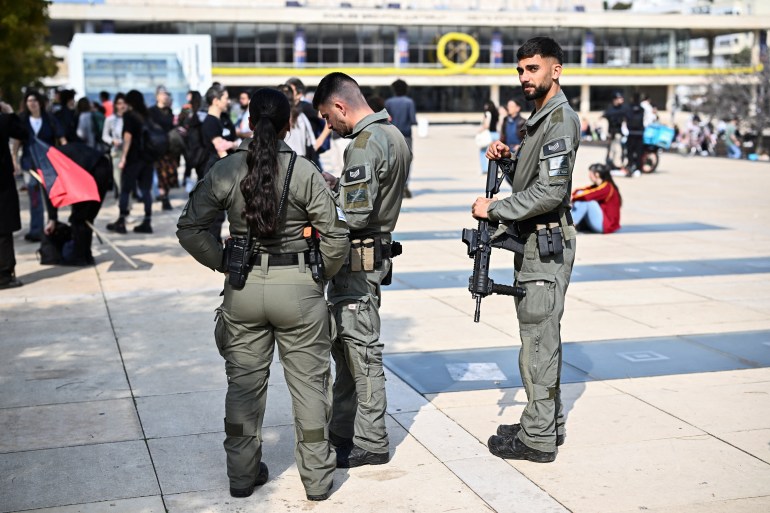
“Right now, [Tel Aviv] has an open society, but [if the right wing does well]so things may be different here,” he told Al Jazeera.
Plia Kettner, a 39-year-old former member of the local council of Kfar Saba in the Tel Aviv suburbs, believes the war is distracting – even discouraging – people from voting.
“Some of the national rhetoric has seeped into local election campaigns,” polarizing people, he said.
“At first, no one was against the war,” he told Al Jazeera.
“But if you ask people on the street, 50 percent of people will say they want [get a deal with Hamas] take back the hostages, and 50 percent will say that Israel must continue destroying Hamas.”
Results are expected a few days later.

